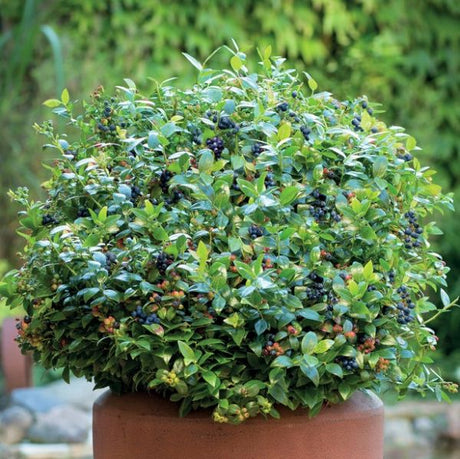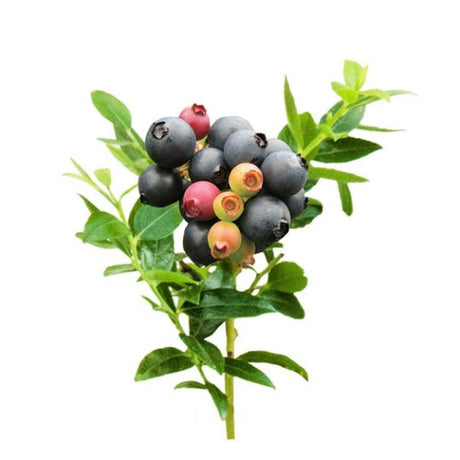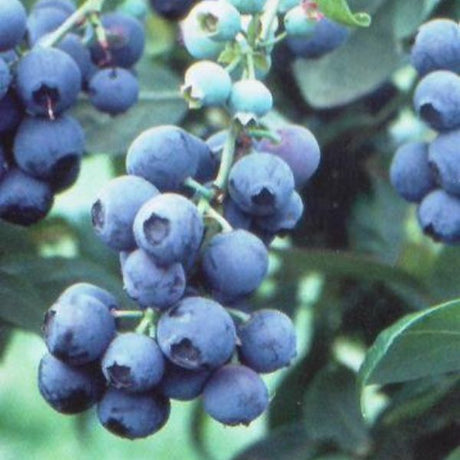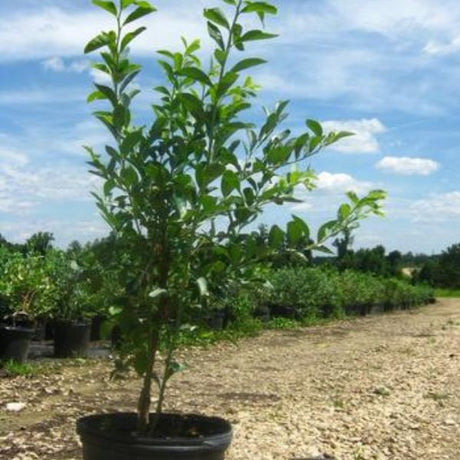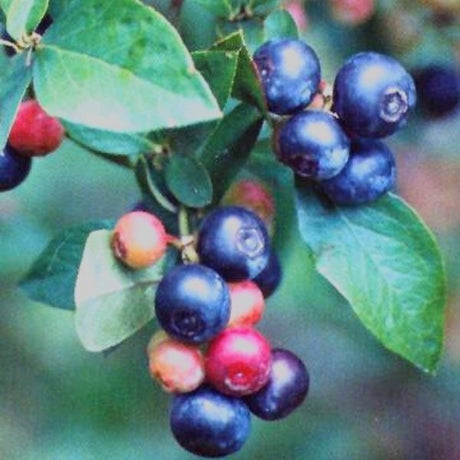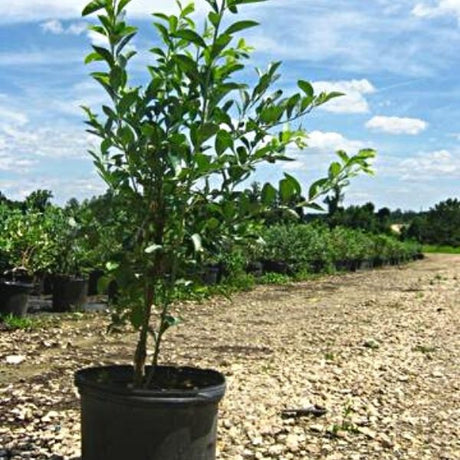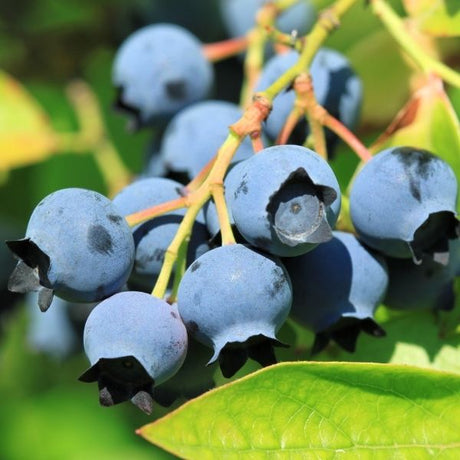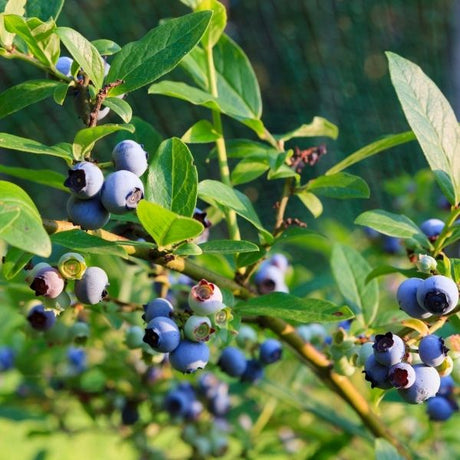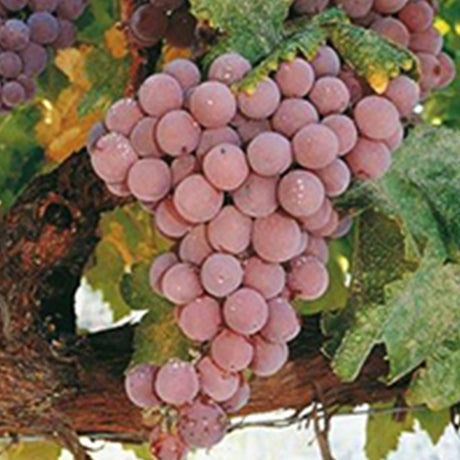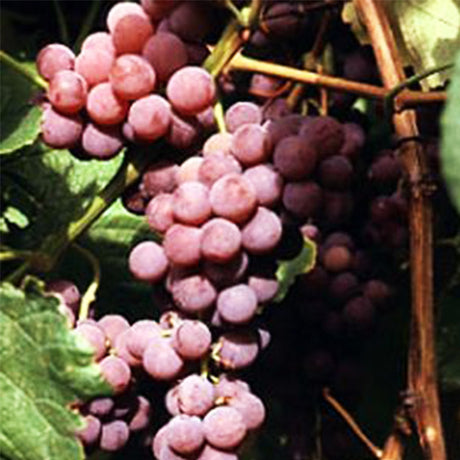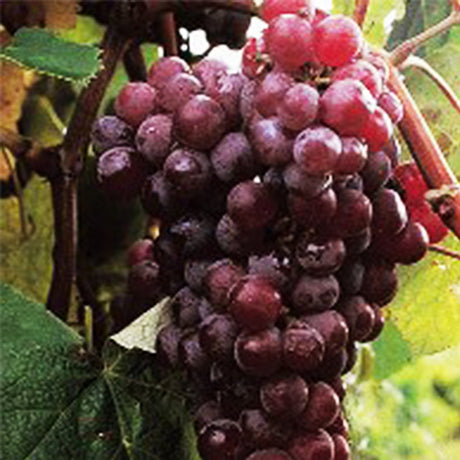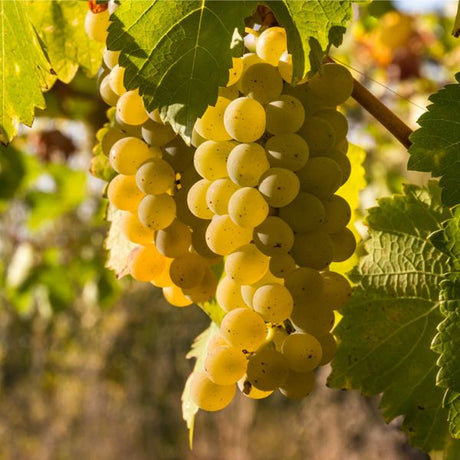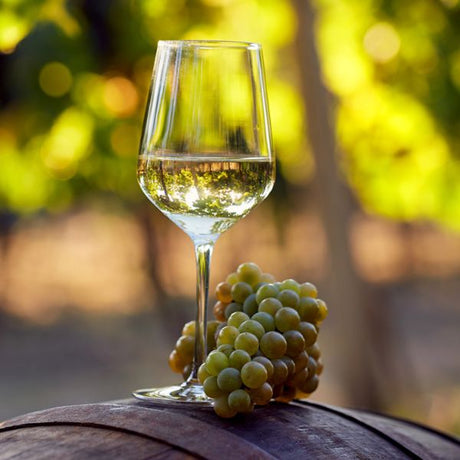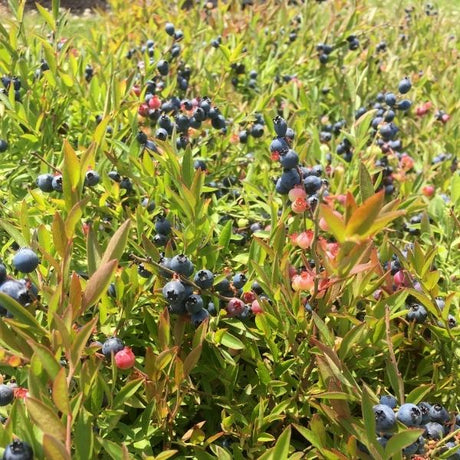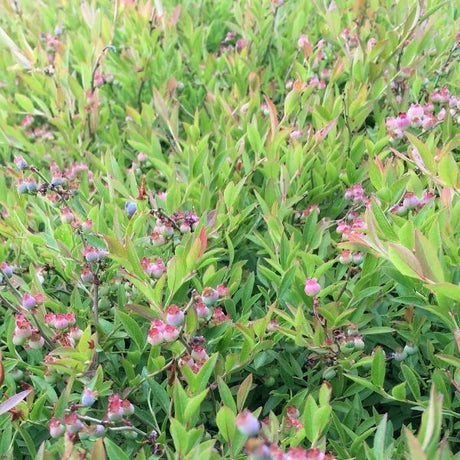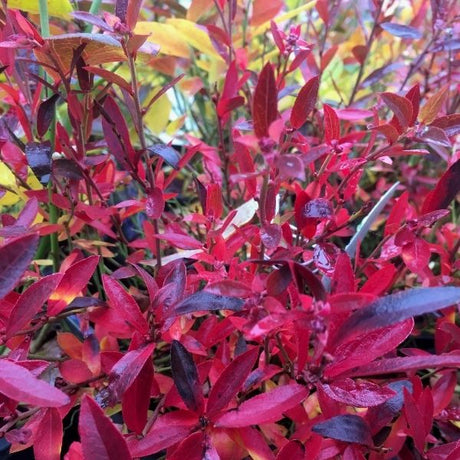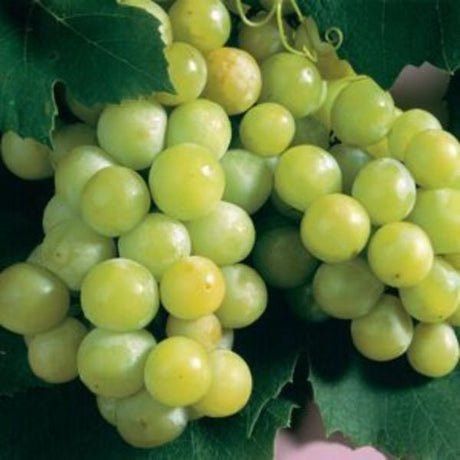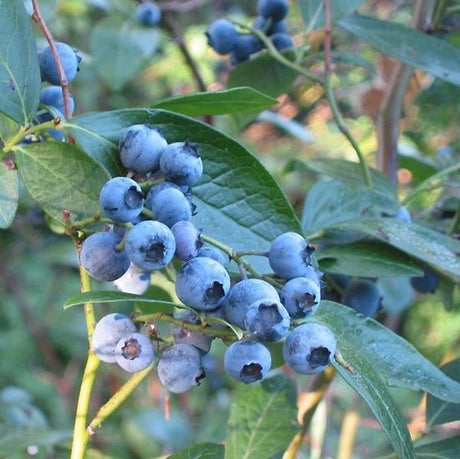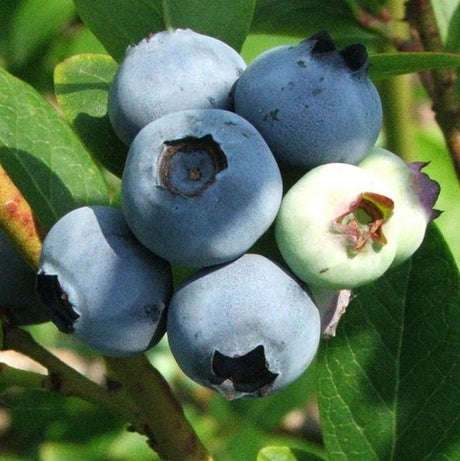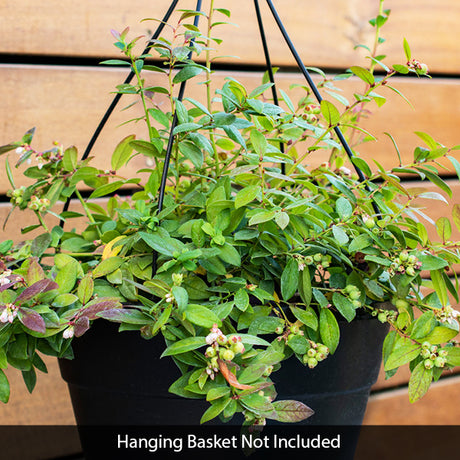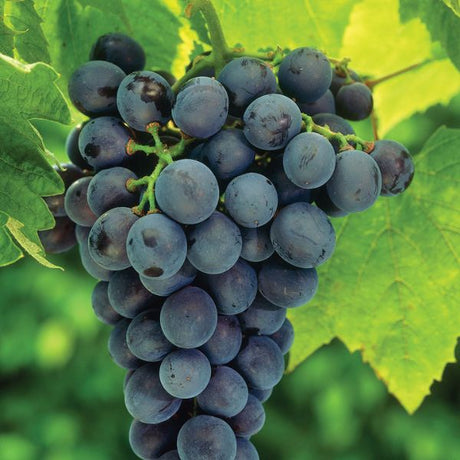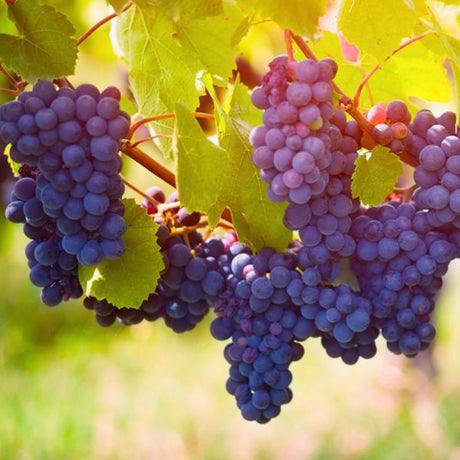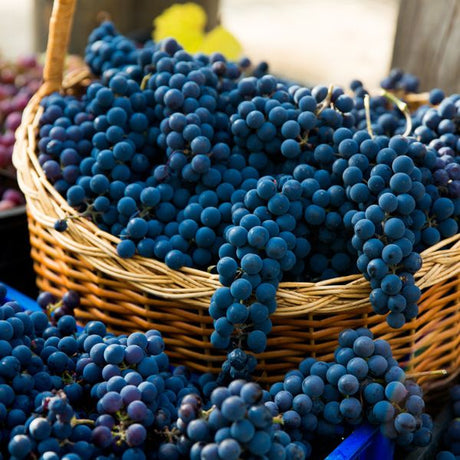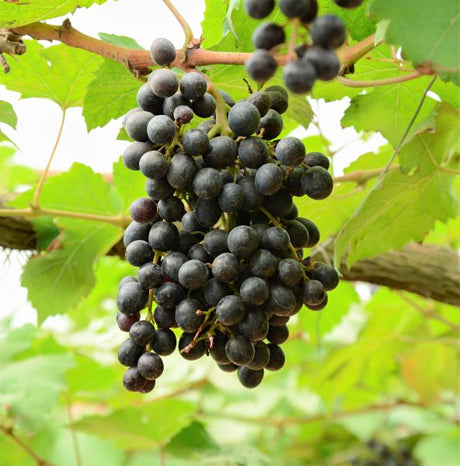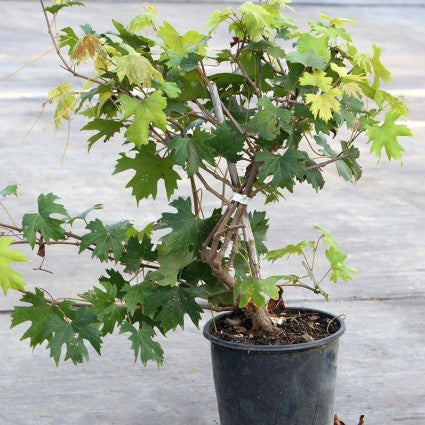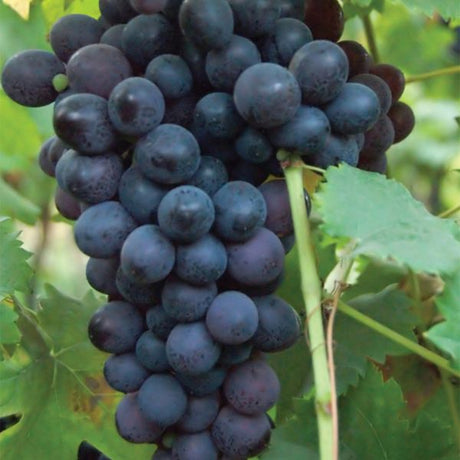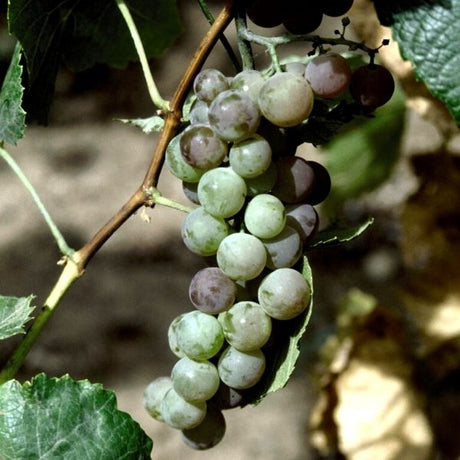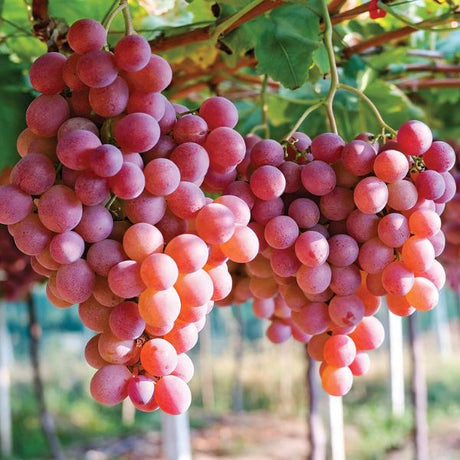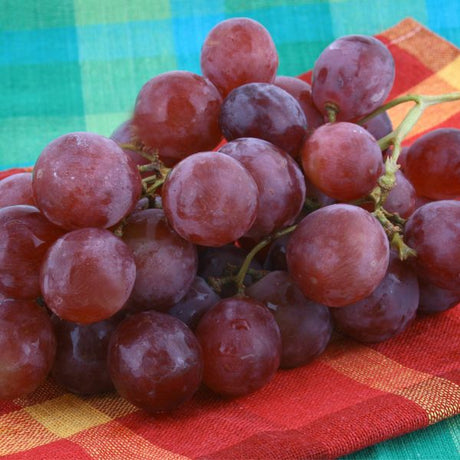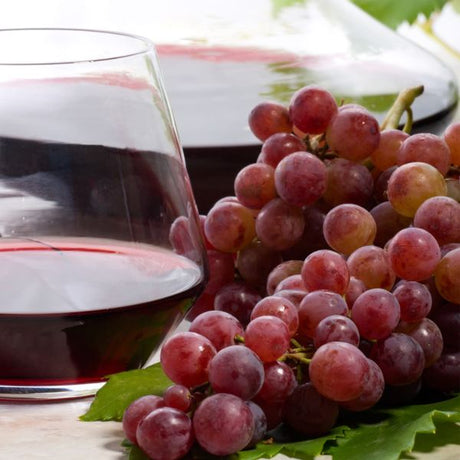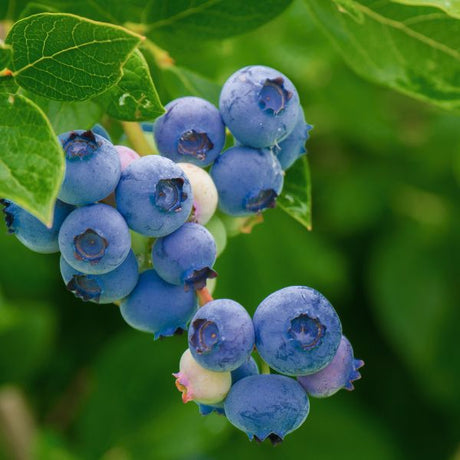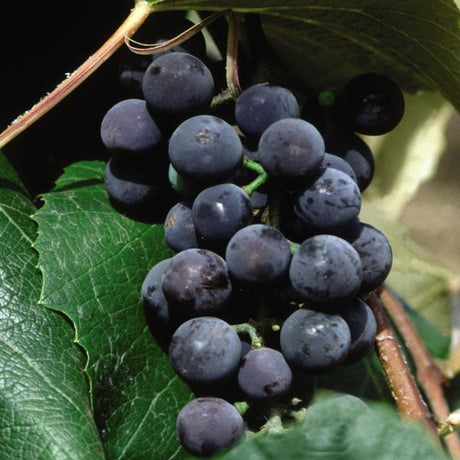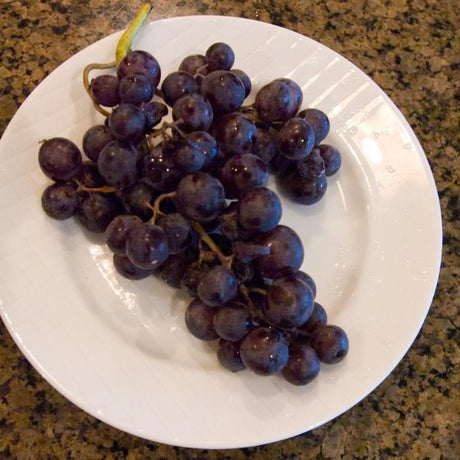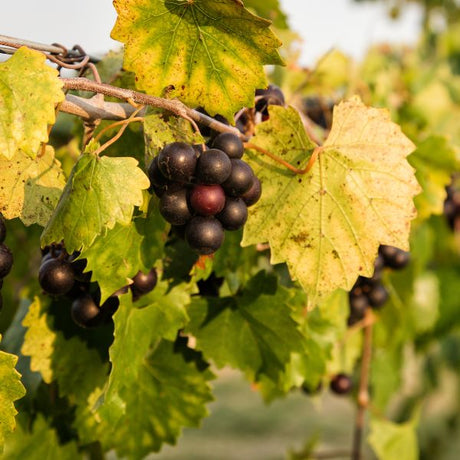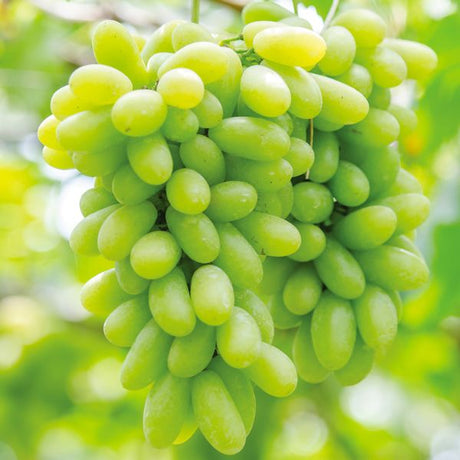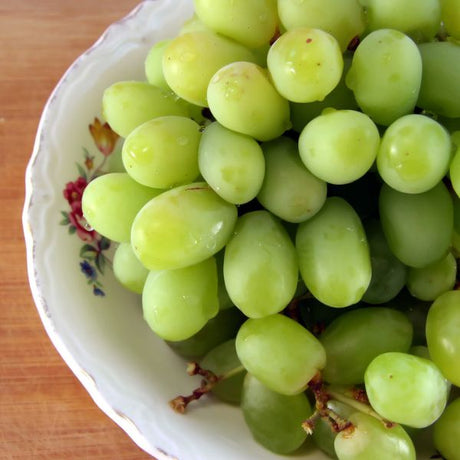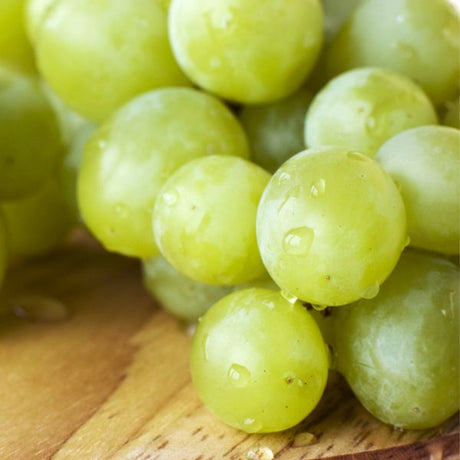- Sold out
- Sold out
- Sold out
- Sold out
Vaccinium corymbosum 'Spartan'
Regular price From $3385Unit price /Unavailable - Sold out
- Sold out
- Sold out
Rubus idaeus var. strigosus 'Willamette'
Regular price $3454Unit price /Unavailable - Sold out
- Sold outUp to 6% off
Vaccinium angustifolium 'Burgundy'
Sale price From $2957 Regular price $3155Unit price /Unavailable - Sold out
- Sold out
Rubus occidentalis 'Bristol'
Regular price $5460Unit price /Unavailable - Sold out
Vaccinium corymbosum 'Earliblue'
Regular price From $3365Unit price /Unavailable - Sold out
Ribes uva-crispa 'Little Ben'
Regular price $3662Unit price /UnavailableVaccinium corymbosum 'FC12-029'
Sale price $5673 Regular price $6463Unit price /Unavailable- Sold out
- Sold out
Southland Muscadine Grape Vine
Vitis rotundifolia 'Southland'
Regular price $6496Unit price /Unavailable Chester Thornless Blackberry Bush
Rubus 'Chester Thornless'
Regular price $5453Unit price /Unavailable- Sold out
Austin Rabbiteye Blueberry Bush
Vaccinium ashei ‘Austin’
Regular price $9984Unit price /Unavailable- Sold out
Vitis rotundifolia 'Alachua'
Sale price $3260 Regular price $4206Unit price /Unavailable- Sold out
- Sold out
- Sold out
Fruit Bushes For Sale At Nature Hills Nursery

Fruit bushes are a delicious and rewarding way to fill your garden with flavor, beauty, and life. From Blueberries and Raspberries to Elderberries and Currants, these compact fruiting plants produce generous harvests while doubling as beautiful ornamental shrubs. Whether you’re planning a small backyard orchard or adding edible borders to your landscape, our selection of fruit bushes makes it easy to grow your own fresh, healthy snacks.
Easy to Grow, Beautiful to See
Most fruit bushes are cold-hardy and adaptable, thriving in a wide range of climates and soil types. They offer fragrant spring flowers, lush summer foliage, and brilliant fall color before settling into dormancy for winter. Many varieties attract pollinators like bees and butterflies, while their berries feed songbirds and wildlife.
Key Benefits of Growing Fruit Bushes
- Compact and productive – Great for small spaces, raised beds, or edible borders
- Seasonal beauty – Spring blooms, summer fruit, and vibrant fall foliage
- Nutrient-rich harvests – Loaded with antioxidants, vitamins, and fiber
- Pollinator-friendly – Attracts bees, butterflies, and birds
- Low maintenance – Easy to prune and drought-tolerant once established
- Cold-hardy varieties – Many withstand freezing winters and late frosts
Popular Types of Fruit Bushes

- Blueberry Bushes: Sweet berries, colorful foliage, and high antioxidant content
- Raspberry Bushes: Fast-growing canes that deliver juicy summer and fall crops
- Blackberry Bushes: Vigorous producers with large, flavorful berries
- Elderberry Bushes: Ornamental foliage and immune-boosting berries for syrups and teas
- Currant and Gooseberry Bushes: Old-fashioned favorites for jams, jellies, and drinks
- Strawberry Plants: Sweet, compact plants for fresh fruit and containers.
- Chokeberry: Hardy native shrub with tart, antioxidant-rich berries.
Fruit Bush Care
- Sunlight: Choose a full sun location for the best fruit production.
- Soil: Plant in well-drained soil rich in organic matter.
- Watering: Water regularly during establishment; keep soil evenly moist but not soggy.
- Mulching: Apply a layer of mulch to conserve moisture and suppress weeds.
- Pruning: Perform light pruning after flowering (depending on variety), but to prevent interrupting fruiting, it's best to try renewal pruning to maintain shape and encourage new growth.
- Fertilizing: Feed annually with a balanced, slow-release fertilizer formulated for fruiting plants.
- Cold Hardiness: Check your USDA Plant Zone Map to ensure your varieties thrive in your region.
- Ease of Care: Most fruit bushes are easy to grow and adaptable once established.
Bring Home the Flavor and Beauty of Fruit Bushes

Grow your own fresh berries and add natural beauty to your landscape with fruit bushes from Nature Hills Nursery. Each plant is shipped with care and backed by generations of growing expertise.
Family-owned and operated since 2001, Nature Hills Nursery prides itself on offering an ever-growing collection of online plants backed by our Product Guarantee. Visit our Planting Guide for tips to ensure your new fruit bushes thrive for years to come.
Shop the full Fruit Bushes Collection today at NatureHills.com and start enjoying the sweet rewards of homegrown harvests!
FAQ's for Buying Fruit Bushes Online
How long does it take for fruit bushes to produce fruit?
How long does it take for fruit bushes to produce fruit?
Most berry bushes produce small harvests in year 2, with full production by years 3-4. Blueberries may take 2-3 years, while raspberries often produce fruit the first year after planting.
Do fruit bushes need full sun to grow?
Do fruit bushes need full sun to grow?
Yes, most fruit bushes need at least 6-8 hours of direct sunlight daily for optimal fruit production. Some varieties, like Currants and Gooseberries can tolerate partial shade but will produce less fruit.
When is the best time to plant fruit bushes?
When is the best time to plant fruit bushes?
Early spring (after last frost) or fall (6-8 weeks before hard freeze) are ideal. Spring planting allows establishment before summer heat, while fall planting gives roots time to develop before winter dormancy.
How much space do fruit bushes need?
How much space do fruit bushes need?
Standard varieties need 4-6 feet spacing between plants. Dwarf varieties can be planted 2-3 feet apart. Raspberries and blackberries need 3-4 feet between plants and 6-8 feet between rows.
Are fruit bushes self-pollinating or do I need multiple plants?
Are fruit bushes self-pollinating or do I need multiple plants?
Most berry bushes are self-fertile (blueberries, raspberries, blackberries), but cross-pollination with different varieties often increases yield and fruit size. Plant at least 2 different blueberry varieties for best results


